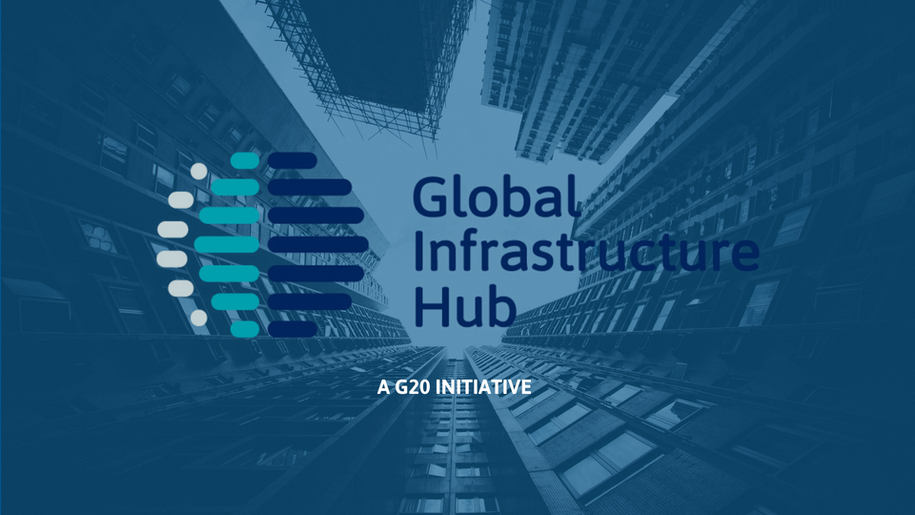928 results found
Featured results



More results
With a growing global focus on attracting private sector investment into infrastructure and utilising the public-private partnership (PPP) model, it is crucial that governments focus on the entire duration of a PPP contract. Efforts need to extend beyond ‘achieving financial close’ and beginning construction or ‘cutting the ribbon’ for commencement of services.
This brief outlines how better crash data can be used to improve road safety




This publication from the IADB his publication covers PPPs with a focus on the implications for public finances in developing economies.
Risks can be hard to define, manage and mitigate. In infrastructure projects that cross regional or national borders and involve multiple parties from both the public and private sector, these risks may be amplified.
Investors need certainty of the division of responsibilities between the various parties involved in the project, as well as a clear commitment of payment from the parties, before becoming involved in the project themselves. This requires countries to have reached a clear and durable commitment to their respective responsibilities.

As outlined earlier in this blog series, private investors are looking for reliable returns to justify the risks that they are taking. Financing and procurement of cross-border projects will often be more complex than national projects due to the scale of the project and compounded risks, and the financial returns may be more uncertain than for national projects.
The Financial Stability Board (FSB) have published a consultation report on the Evaluation of the effects of financial regulatory reforms on infrastructure finance.
On 22 July, at their meeting in Buenos Aries, the G20 Finance Ministers and Central Bank Governors voted to renew the mandate of the Global Infrastructure Hub for another four years.
The Global Infrastructure Hub and Turner & Townsend Launch PPP Contract Management Tool. Effective management essential to unlocking value behind infrastructure PPPs.
This book addresses two concerns. First that advanced technologies developed in high-income countries would inexorably lead to job losses of lower-skilled, less well-off workers and exacerbate inequality. Second Policies intended to protect jobs from technology advancement would themselves stultify progress and depress productivity, these are addressed using the output effect subsitution effect framework.

On 12 July 2018 the GI Hub’s COO, Mark Moseley, joined a webinar panel on blockchain and its applications for infrastructure, hosted by the International Project Finance Association (IPFA). Blockchain is the technology that underpins Bitcoin and other similar ‘cryptoassets’, such as Ethereum and Ripple. Its potential, and the recent volatility of cryptoassets, has made the technology one of the most hyped and misunderstood technologies in the market.
Infrastructure can often be used as a pawn in the political chess game, not only at a federal level between political parties, but at a foreign policy level too. It’s crucial that a cross-border infrastructure project has political support and cooperation from all parties involved, and that it’s being supported not for political gain, but to further regional development. A lack of strong political leadership can be detrimental to a cross-border project, and weak capacity can be a deterrent to investors.
The GI Hub was asked to join a panel discussion on Risk Mitigation in Infrastructure Financing. Mark Moseley, the GI Hub’s Chief Operating Officer, identified the risks which typically arise during major infrastructure projects, including land acquisition risks, demand risks, foreign exchange risks and political risks.

The PPP Contract Management Tool provides practical guidance to government officials responsible for managing public-private partnership (PPP) contracts and concession contracts during construction and operations, based on extensive data and real-life case studies.


On 3-4 July 2018 the GI Hub gave a series of presentations at the International PPP Finance Summit, held in London.
A new report released today by the Global Infrastructure Hub, a G20 initiative, has revealed an infrastructure investment gap of US$1 trillion in 10 Compact with Africa countries over the next 22 years.
The participants of the second Regional Roundtable on Infrastructure Governance held in Côte D’Ivoire last week reinforced the need for good governance across all stages of infrastructure delivery. The Regional Roundtable was the second of its kind, with the first held in South Africa in November 2017.
When we as consumers decide to invest our money—whether through shares, bonds, or other instruments—we look at whether our investment will deliver a solid financial return. It makes sense then that the same risk-return principle is applied to investments in infrastructure.




 PPP Contract Management
PPP Contract Management















